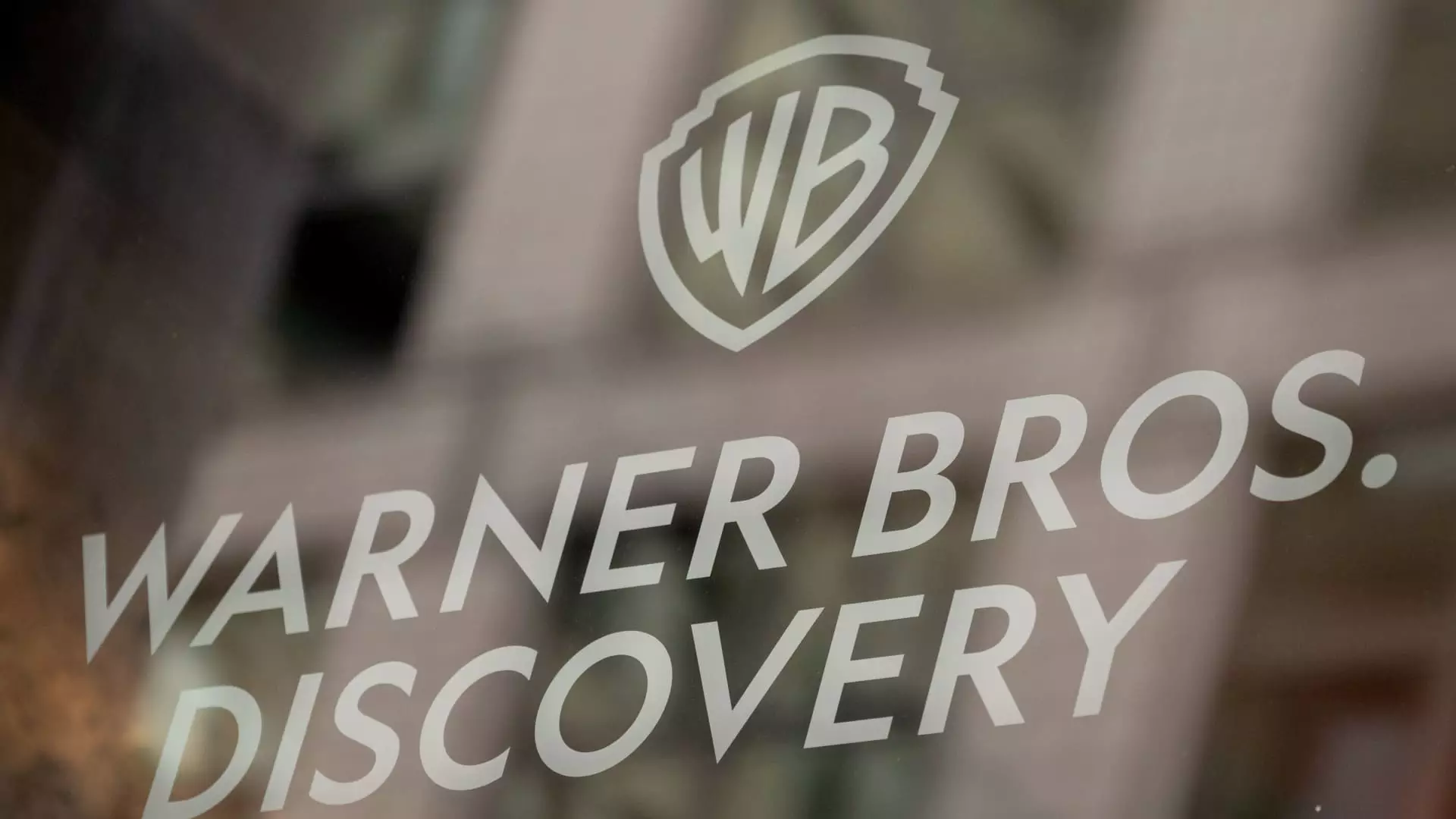In recent years, the media landscape has become a battleground of corporate ambitions disguised as strategic growth. The latest move involving Paramount Skydance’s purported bid for Warner Bros. Discovery exemplifies a troubling trend: the relentless pursuit of monopoly-like dominance under the guise of innovation and efficiency. While industry executives trumpet the benefits of consolidation, the reality is that these power plays threaten the very fabric of cultural diversity and free expression. Instead of fostering a rich, pluralistic environment, the current wave of mergers risks centralizing control within a handful of colossal conglomerates, diminishing the variety of narratives available to the public.
The Cultural Monoculture and Its Dangers
The consolidation of media giants extends beyond mere business strategy; it fundamentally alters the cultural landscape. Warner Bros., with franchises like Harry Potter and DC Comics, and Paramount, home to iconic movies and networks such as CBS and MTV, represent segments of American culture that have historically been sources of shared narratives and collective identity. When these narratives become commodified and centralized, they lose their grassroots authenticity, becoming mere products in a vast corporate machine.
Furthermore, this monopolistic tendency stifles creativity. Smaller studios and independent voices are pushed to the margins, unable to compete against the deep pockets of media conglomerates. The risk is a homogenized cultural output—predictable, sanitized, and devoid of the grit and diversity that have long characterized American storytelling. This is not merely a concern for the industry but a challenge to societal resilience; the vibrancy of a democratic society depends on a plurality of perspectives, not a single, dominant corporate narrative.
The Illusion of Market Competition and the Power of Influence
While industry insiders and executives tout mergers as a way to foster competition and innovation, the reality paints a different picture. The blockbuster bid for Warner Bros. Discovery highlights a pattern where large corporations aim to absorb potential competitors rather than engage in genuine competition. This not only creates a duopolistic environment but also consolidates influence over major cultural and political agendas.
Each merger or acquisition consolidates both economic and ideological power, enabling these conglomerates to shape public discourse subtly. Their decisions on what content to produce, distribute, or censor have repercussions beyond entertainment—they influence perceptions, social norms, and political attitudes. The current trajectory hints at a future where a handful of corporations could shape societal narratives to align with specific interests, undermining the pluralistic foundations essential for a healthy democracy.
Questioning the Rationale Behind the Power Grab
Behind the industry’s strategic moves lies a complex web of financial interests, ego, and a misguided belief in the myth of synergy. The timing of these impending bids often coincides with shifts in leadership, regulatory environments, and broader economic trends. For example, Warner Bros. Discovery’s plan to split into separate entities—focused on streaming versus traditional TV—could serve as a distraction or a strategic pivot rather than a genuine effort to serve audiences better.
CEO David Zaslav’s public statements about the need for industry consolidation appear more as a rationalization for greed than an authentic belief in sustainable growth. The push for mergers like Paramount Skydance’s potential bid is driven by shareholder demands and the allure of controlling major content pipelines. Such maneuvers may yield short-term financial gains but threaten long-term cultural investment and diversity. It’s a classic case of prioritizing profit over societal good, packaging it as a means to “survive” in an increasingly fragmented media environment.
The Liberal Perspective: Guarding Public Interest in a Changing Media World
From a centrist, liberal standpoint, these mergers and acquisitions raise alarms about the erosion of democratic values. Ensuring a diverse media ecosystem is essential for maintaining an informed, engaged citizenry. It’s crucial that government policies and regulatory frameworks do not merely favor big business but instead actively foster competition and protect smaller voices.
In a world of rapid technological change, the focus must shift from mere market expansion to safeguarding cultural pluralism. Public interest should be prioritized over corporate expansion, recognizing that media plays a vital role in shaping societal norms and civic engagement. Regulation can serve as a counterbalance to corporate greed, preventing a handful of conglomerates from wielding unchecked influence over the content that informs our democracy.

